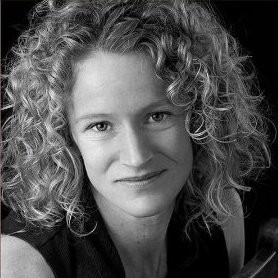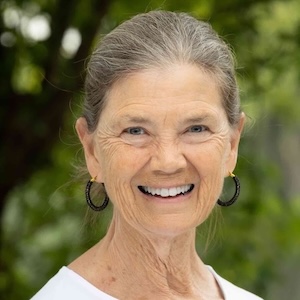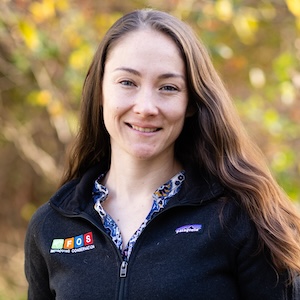Photo Credit: John Morrison
About CoStA
The Conservation Standards in Academia (CoStA) network serves faculty, staff, students, and coaches who are involved or interested in Conservation Standards/adaptive management courses at universities or other academic institutions. Getting a Conservation Standards/adaptive management course up and running at a university or other academic institution can be a daunting task. Experienced CCNet coaches have developed materials and can guide you to design the right type of course for your circumstances. Please get in touch with us if you have any questions about how to set up a course at your institution.
Academic Resources
- Access tips for starting a Conservation Standards course or integrating the Conservation Standards into a current course
- Learn about how to access free Miradi conservation software for your course
- Explore sample syllabi and agendas for CS courses of varying lengths
- Build on course resources that already exist, like CS overview slides, training videos, and more!
Download CS
The Conservation Standards is the product of inputs, field tests, and discussions among members of the Conservation Measures Partnership (CMP), which has final editorial authority over the Conservation Standards. Substantial input was also provided by members of the Conservation Coaches Network (CCNet) and other CMP partners.
Photo Credit: Felix Cybulla
Support CS
The biodiversity conservation community is tackling large, complex, and urgent environmental problems where the stakes are high. However, we don’t have a fully functional system to assess the effectiveness of our actions. Without more rigorous measurement of effectiveness and disciplined recording of our efforts, we cannot know or demonstrate that we are achieving desired results.
Photo Credit: Felix Cybulla
Our Collaborators
Every organization, agency, project, and individual has its own preferred set of terms. There is no right answer – the most important thing is that the members of your project team and the people with whom you work have a clear and common understanding of whatever terms you choose to use.
Photo Credit: Chris Scarffe
Contact Us
To inquire about supporting Conservation Standards (CS) or for general inquiries, please contact us at CMPinfo@ConservationMeasures.org
Photo Credit: Nature Conservancy of Canada



 John Paskus
John Paskus Heather Eves
Heather Eves Arlyne Johnson
Arlyne Johnson

 John Morrison
John Morrison